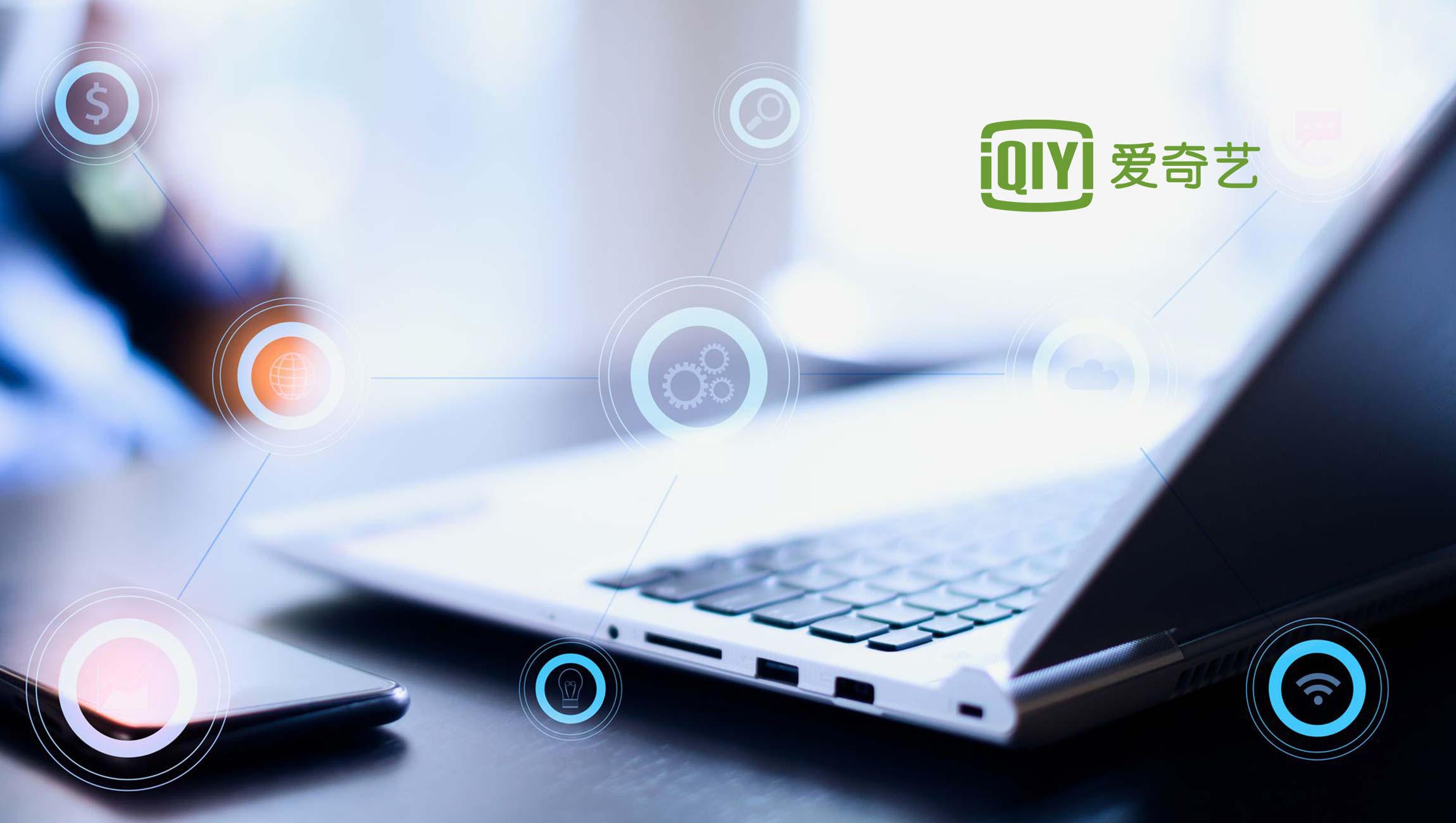Automated Intent Recommendations and Data-Training Means New and Better Virtual Agents Can be Up-and-Running in Minimal Time Without Any Need for Technical Staff
Boost.ai, a global leader in artificial intelligence for Fortune 1000 companies, has released the industry’s first self-learning technology for conversational AI. Developed and offered exclusively by boost.ai, self-learning AI overcomes the ‘cold start’ challenges of building and managing virtual agents with an automated system that intelligently analyzes and recommends both new conversational dialogs, as well as suggestions to improve existing ones. The new feature is provided alongside additional upgrades in the latest software version of the boost.ai conversational AI platform.
Marketing Technology News: Validic Announces Real-Time, Remote Symptom Monitoring To Address COVID-19 Health Crisis
The boost.ai platform discerns customer ‘intents’ to detect and understand user requests and determine what they want to do, and then further invoke the appropriate action such as requesting an insurance quote or getting options for banking products or services. Boost.ai self-learning AI offers a revolutionary new way to overcome the cold-start process. It can update virtual agents with recommended intents and data-training via ‘intent suggestions’, and also makes it possible to build new, full-featured virtual agents in 10 days or less using existing data on customers, products and services.
“With the introduction of self-learning AI, boost.ai now offers the world’s most complete end-to-end conversational AI platform,” said Henry Iversen, co-founder and chief commercial officer at boost.ai. “It is now possible to smartly apply artificial intelligence all the way through from virtual agent development to customer interaction to real-time enhancement of conversations as they take place.”
With boost.ai self-learning AI, organizations can transform the operational workflow of their customer service function, freeing up staff to work on higher-level and more important tasks. While big companies with deep pockets can usually afford to build their own bespoke AI algorithms, few of them have mastered the technological challenges of creating truly self-learning modules. Smaller organizations or those without the resources of trained AI specialists have been locked out of the possible benefits altogether. Generation of automated intents and recommendations using boost.ai’s new self-learning tools, which can train themselves and surface advice on changes, make the technology far more versatile, accessible and easier to use for any organization and without the need for highly technical staff.
Boost.ai self-learning AI employs advances in artificial intelligence to automatically build and train a deep-learning algorithm that can recognize and analyze patterns in subject matter—such as when customers ask similar questions in a 30-day period for which an existing virtual agent does not yet provide help—and then make suggestions to administrators as to topics to build new intents around. It also suggests new training data that can be used with both old and new intents based on analysis of actual chat traffic.
Marketing Technology News: GIACT Issues Report on the Growing Global Threat and Sophistication of Business Email Compromise
Iversen commented, “Customer expectations have changed. They now expect instantly personalized, relevant recommendations from virtual agents, and our self-learning AI makes it remarkably simple and easy to do just that.”
Previously, human AI trainers had to do the work of identifying potential new intents. This time-consuming, cold-start process can be automated with boost.ai self-learning AI. The AI trainer’s role now becomes one of ‘approval’, checking if suggested intents make sense, cleaning them up and then authorizing them to go live, rather than defining and creating them. Self-learning AI can also be fed existing chat logs, or even transcribed data from calls, which it then uses to build a functioning intent hierarchy. Depending on the volume of the data processed, boost.ai self-learning AI takes only a few hours to achieve this, drastically reducing the time it takes to deploy a fully functioning virtual-agent.
This has the potential to dramatically improve the performance of virtual agents. Virtual agents built on the boost.ai platform already automate customer interactions in chat by approximately 80 percent. This corresponds to an overall automation rate of up to 35 percent of traffic across all channels, including channels outside of chat such as phone and email. Resolution rates are typically around 85 percent. The overall result is a recapture rate on total cost of ownership in excess of 97 percent.
Marketing Technology News: Eros Now First Partners with NBCUniversal and Introduces ‘Eros Now Prime’











